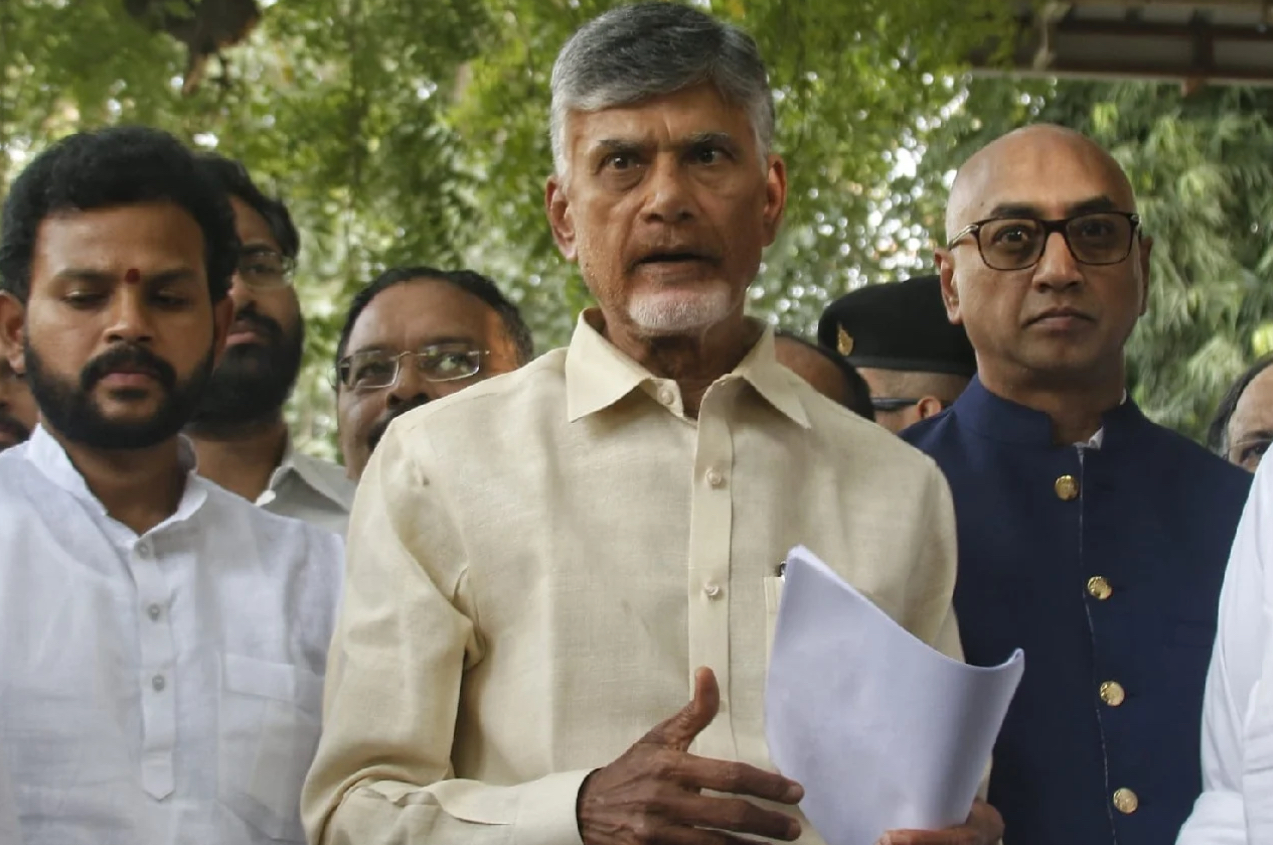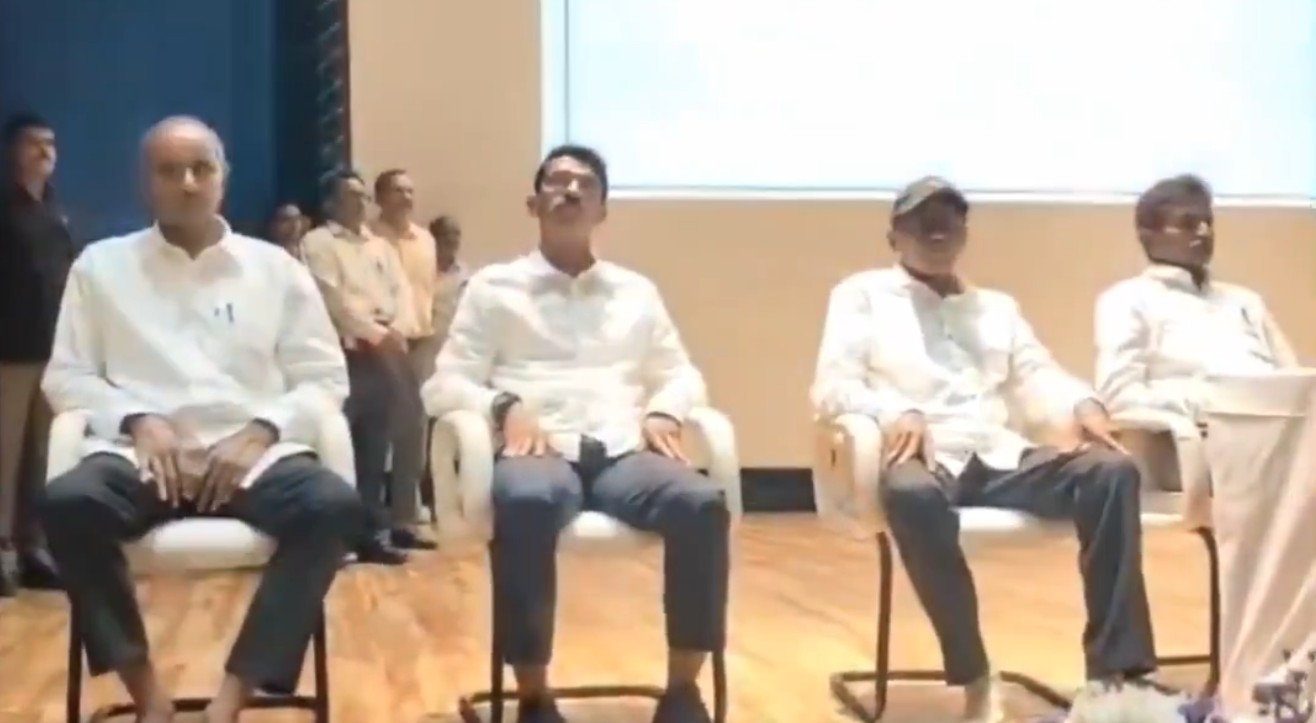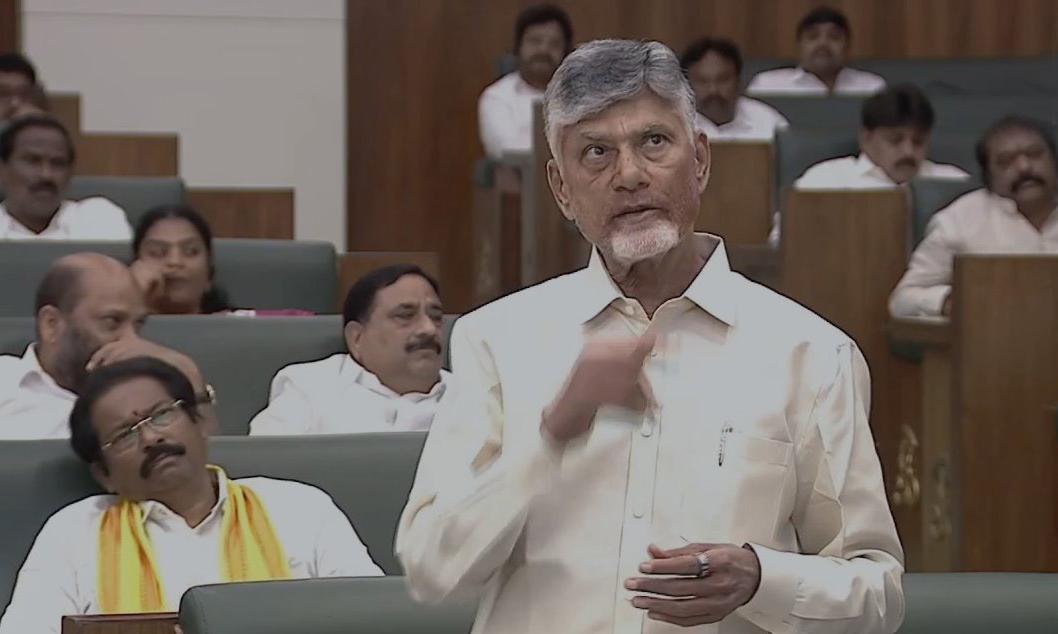The arrest of former Andhra Pradesh Chief Minister N. Chandrababu Naidu in a graft case in September last year and the booking of four more cases against him by the Crime Investigation Department (CID) changed the political discourse in the state in the run-up to forthcoming simultaneous elections to state Assembly and Lok Sabha.
For the first time, it provided an opportunity to the ruling YSR Congress Party (YSRCP), which has been at the receiving end due to pending CBI and ED cases against Chief Minister Y. S. Jagan Mohan Reddy, to hit back at Naidu, who often taunts Jagan as “A1” (accused number one) in his public speeches.
Naidu’s arrest in the alleged Skill Development Corporation scam and the subsequent cases registered against him were apparently an attempt by YSRCP to send out a message that he is not above board.
Political analysts say Jagan, who spent about 16 months in jail in 2012-13, wanted to see his biggest political rival behind bars and he succeeded with Naidu spending 52 days in jail.
They say the YSRCP may now hit back at TDP saying its chief has also gone to jail.
The 73-year-old was never arrested in corruption cases in his political career spanning over four decades. He used to often dare Jagan and remind him that even his father late Y. S. Rajasekhara Reddy could not succeed in proving corruption charges against him.
Naidu was arrested by the CID amid high drama from a bus in Kurnool on September 9 for allegedly misappropriating funds from the Skill Development Corporation when he was the Chief Minister in 2015. He was taken into custody in the midst of TDP’s mass contact programme ‘Babu Surety-Bhavisyathu ki Guarantee’ (Guarantee for future).
The CID had registered FIR in the case on December 9, 2021, naming 25 persons as accused. However, Naidu did not figure in the list.
Naidu was informed that he has been arrested under sections 120 (B), 166, 167, 418, 420, 468, 471, 409, 201, 109 read with 34 and 37 of the Indian Penal Code and sections 12, 13 (2) read with 13 (1) (c) and (d) of Prevention of Corruption Act.
According to CID, the case pertains to the establishment of clusters of Centers of Excellence (CoEs) in a public-private partnership project. It alleged fraud caused a loss to the state government in excess of Rs 300 crores.
The agency claimed that before any expenditure by private entities, the then state government provided an advance of Rs 371 crores, representing the entire 10 per cent commitment by the Andhra Pradesh government.
The CID also stated that most of the money advanced by the government was diverted to shell companies through fake invoices, with no actual delivery or sale of the items mentioned in the invoices.
The TDP chief was shifted to Vijayawada by road and was produced before a judge in the early hours of the next day. After the judge sent him to judicial custody, he was again taken by road to lodge in Rajahmundry Central Prison.
Naidu suffered a blow in the case as he could not get early bail. The main opposition party called the arrest a political vendetta. It tried to gain public sympathy by highlighting the alleged ill-treatment of the veteran leader and voiced concern over his poor health and threat to life in jail.
Naidu’s family members including his wife Bhuvaneswari, and daughter-in-law Brahmini, who are both businesswomen besides TDP general secretary Nara Lokesh hit the roads along with the TDP leaders.
The YSRP government on the other mounted further pressure by booking fresh cases against both Naidu and Lokesh, who was a minister in his father’s Cabinet.
Two days after the arrest, the CID filed a Prisoner Transit (PT) warrant petition against Naidu in the Amaravati Inner Ring Road.
The case pertains to manipulating the master plan of Amaravati capital city, alignment of Inner Ring Road and the seed capital to allegedly offer undue enrichment to several companies.
A few days later, the CID filed another PT warrant petition against Chandrababu Naidu in the FiberNet scam.
The CID has alleged that the work order for the first phase of the AP FiberNet Project of Rs 321 crore was allotted to a private company in violation of rules and by manipulating the tender process.
The project was aimed at providing optical fibre connectivity to villages and towns across the state.
On October 30, 2023, the TDP chief was booked for allegedly granting illegal permissions to liquor companies in the state.
The Andhra Pradesh High Court on October 31 granted interim bail to Naidu for four weeks on health grounds. He walked out of jail after 52 days and denied allegations of corruption. “In my 40-year-long political career, I neither did anything wrong nor I allowed anyone to do anything wrong,” he said.
However, the CID on November 2 booked another case against the former Chief Minister with regard to the free sand policy.
It was alleged that Naidu, his then Cabinet colleague and MLAs from the specific sand reach areas and others significantly benefited from the free sand policy.
On November 20, 2023, the Andhra Pradesh High Court granted regular bail to Naidu.
In further relief to the TDP chief, the High Court on January 10, 2024, granted anticipatory bail in three cases. Last week, the Supreme Court dismissed a petition by the state government challenging the High Court order in the Amaravati Inner Ring Road case.
The TDP leader had earlier suffered a setback in September 2023 when the High Court dismissed his petition to quash the FIR registered against him. During the legal battle in the High Court and the lower court, the contention of Naidu’s counsels was that the FIR was booked without previous approval from the Governor required under Section 17A of the Prevention of Corruption Act.
Mukul Rohatgi, who had argued the case on behalf of CID, had contended that section 17A of the PC Act does not apply as the CID investigation started before the amendment of July 26, 2018.
Naidu had challenged the High Court’s September order in the Supreme Court. Last week, the Supreme Court delivered a split verdict on section 17A.
A bench of Justices Aniruddha Bose and Bela M. Trivedi delivered a split verdict on the interpretation and applicability of section 17A. The bench referred the matter to the Chief Justice of India (CJI).
Section 17A was introduced by an amendment with effect from July 26, 2018. The provision under this section stipulates a mandatory requirement for a police officer to seek prior approval from the competent authority for conducting any enquiry or inquiry or investigation into any offence alleged to have been committed by a public servant under the Prevention of Corruption Act.










